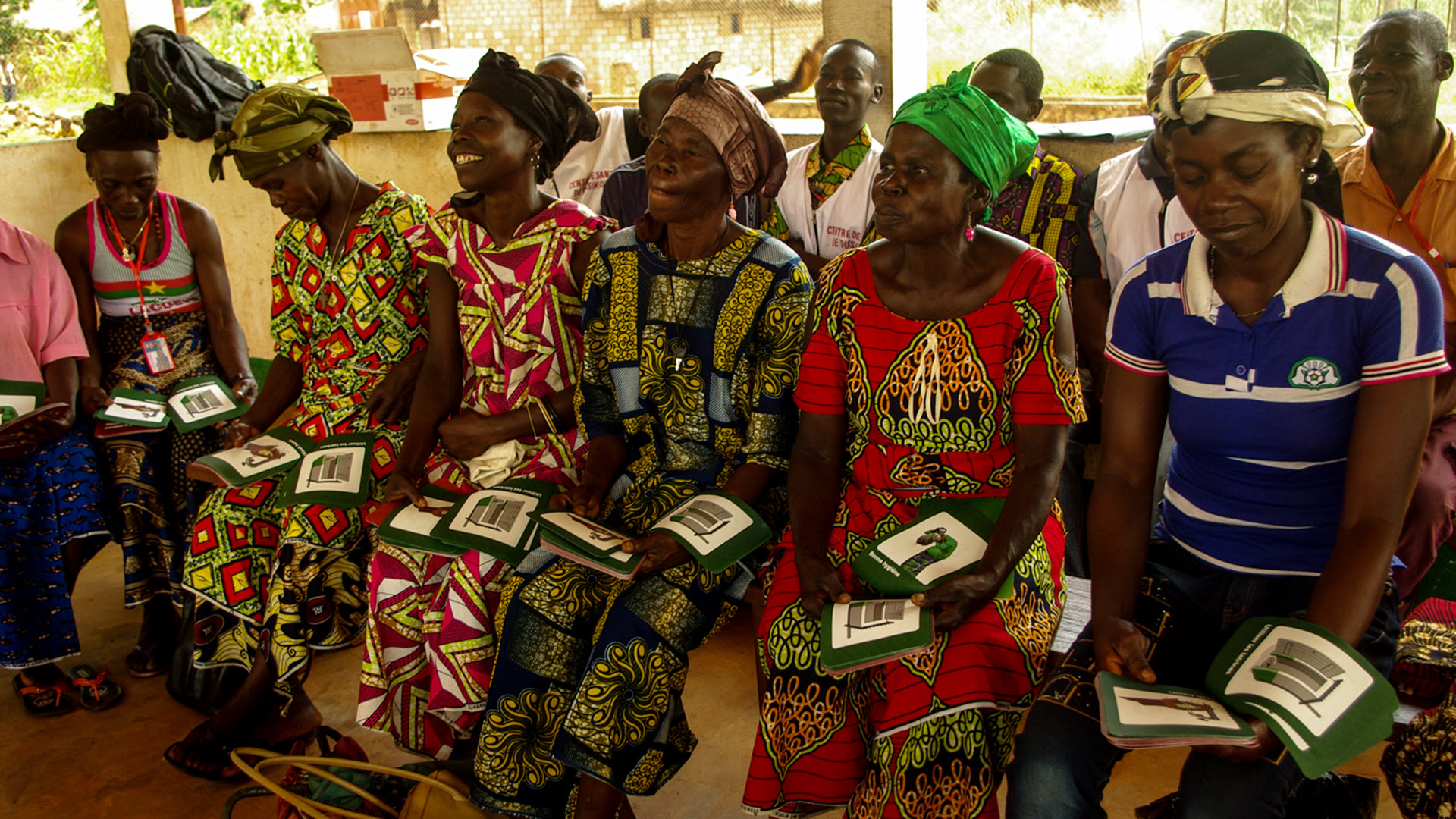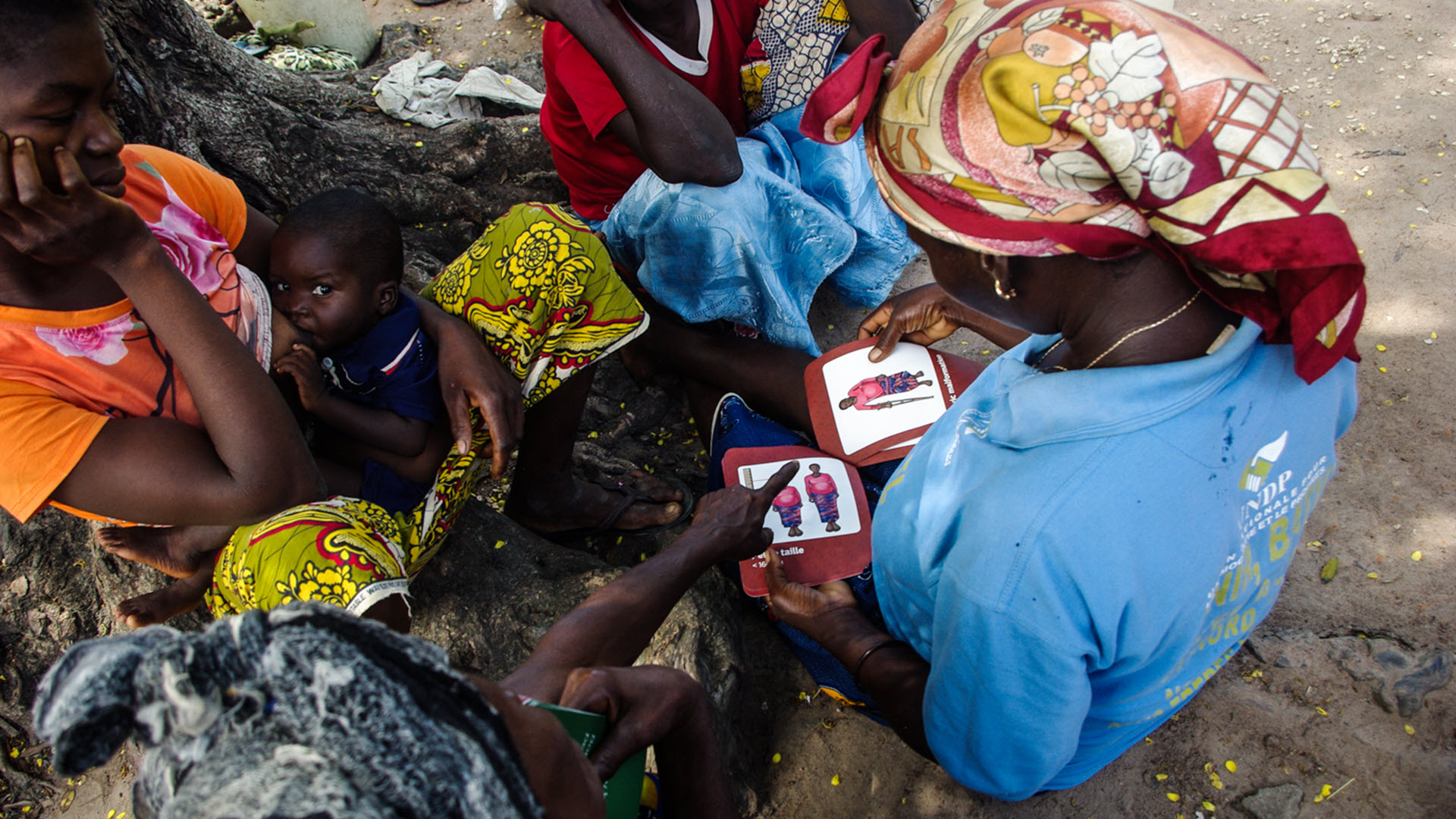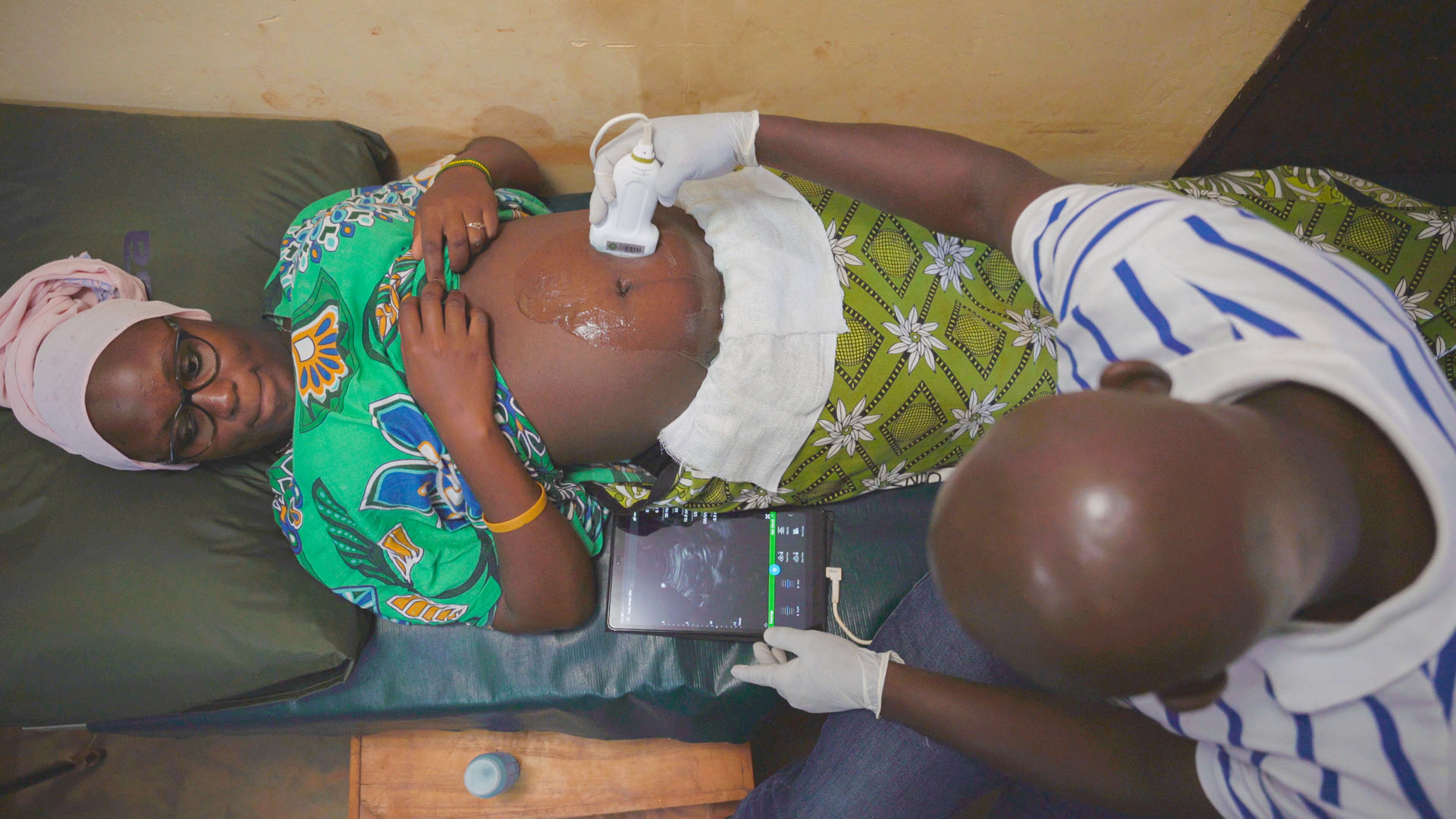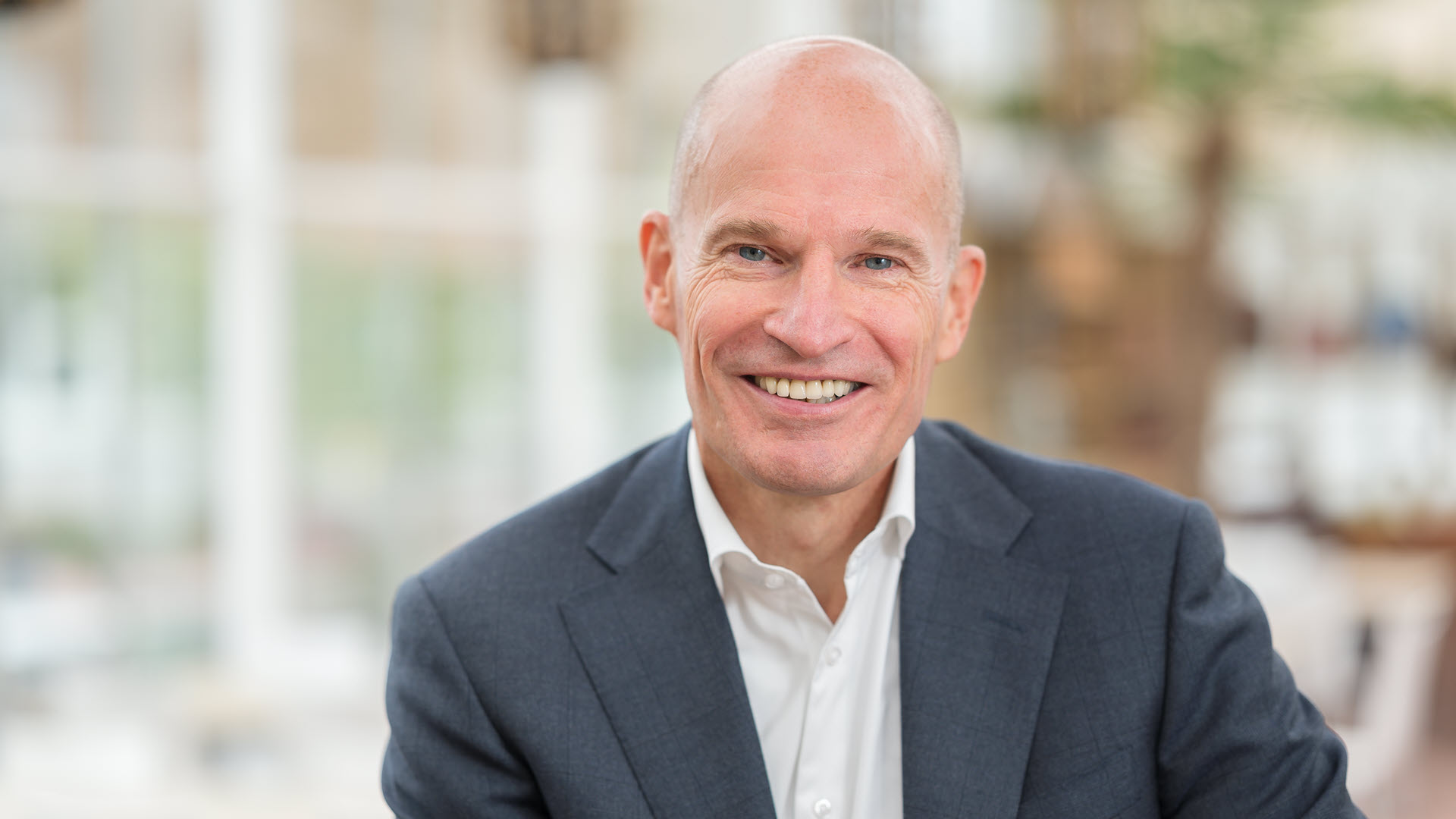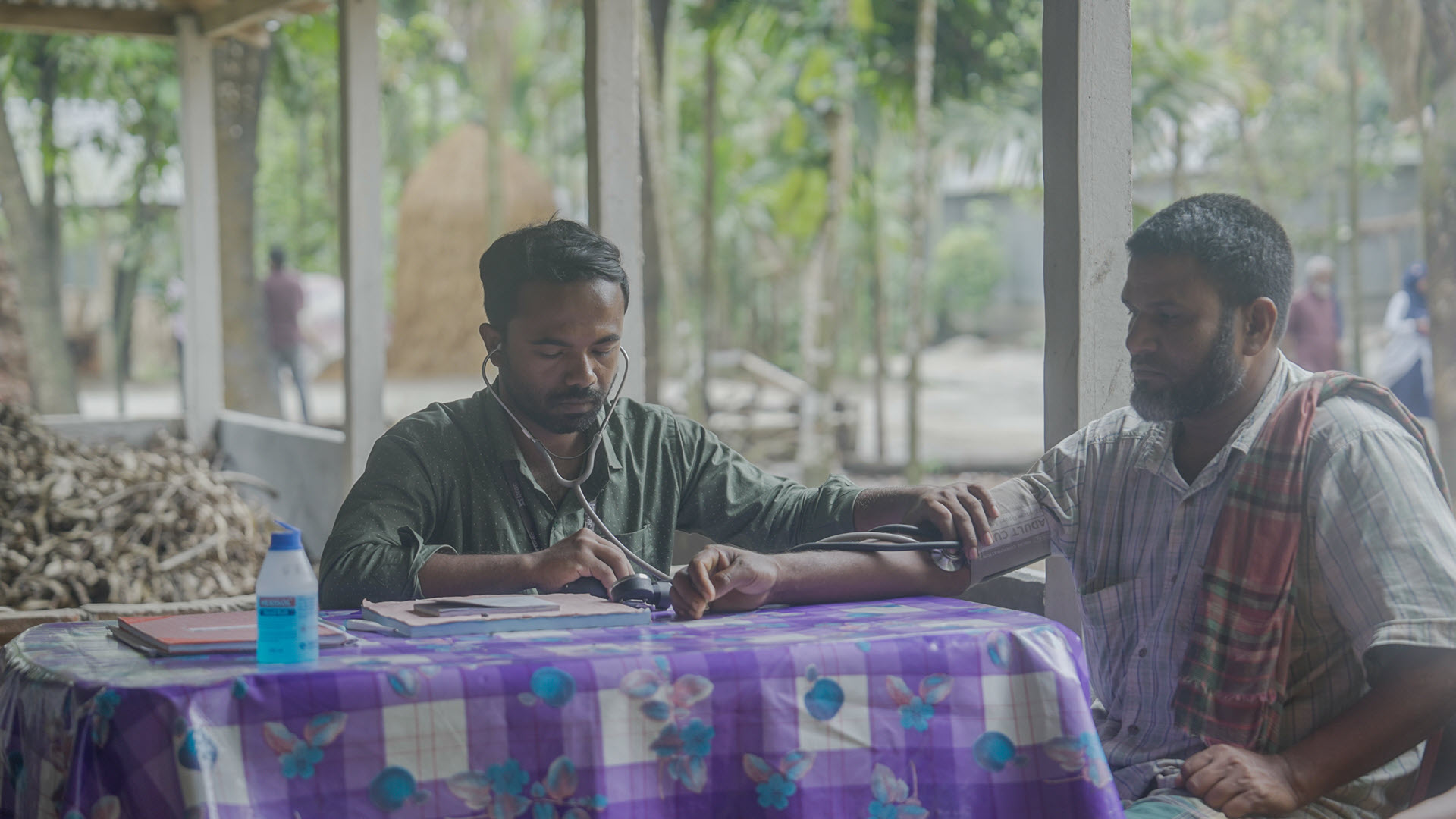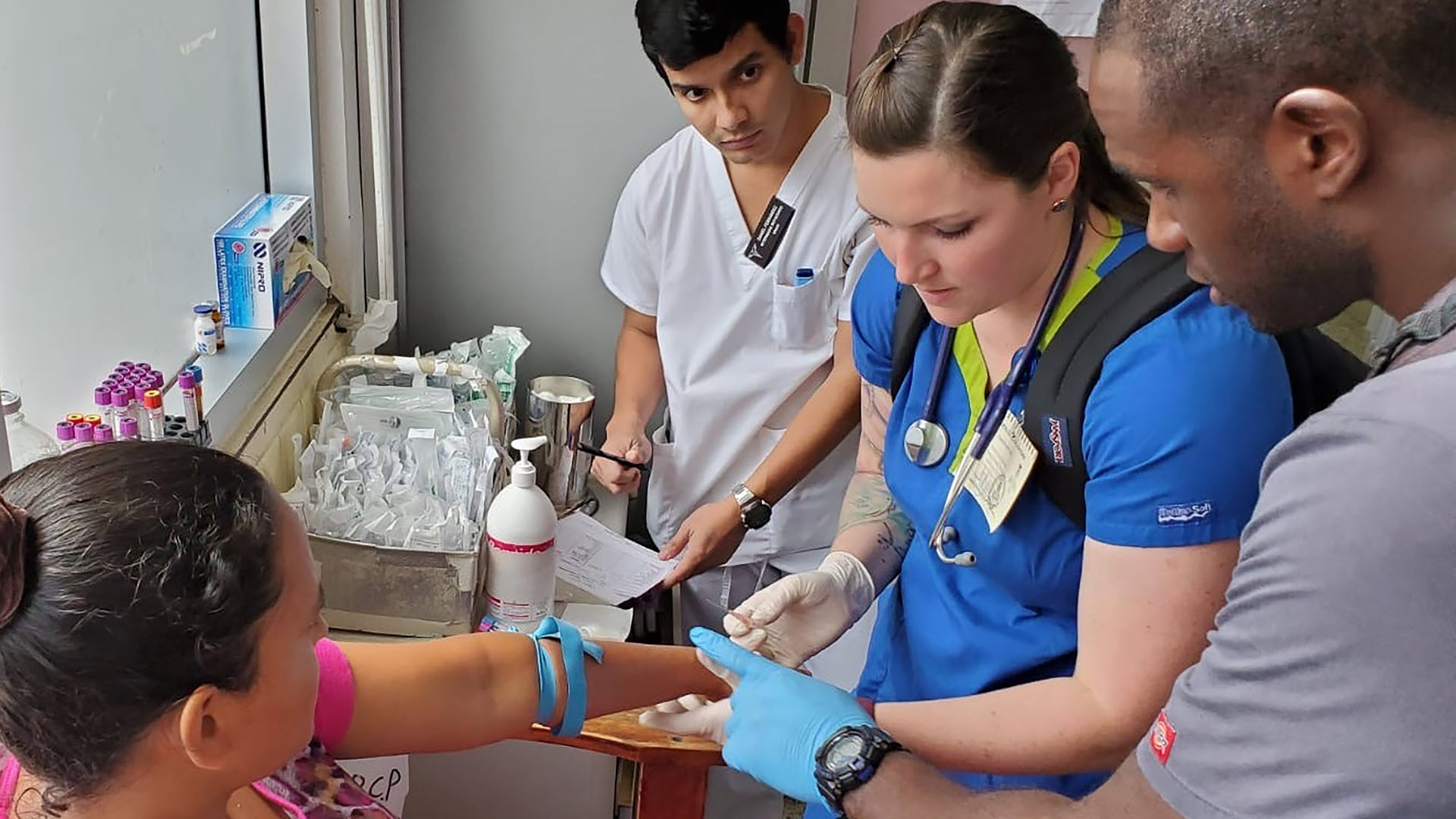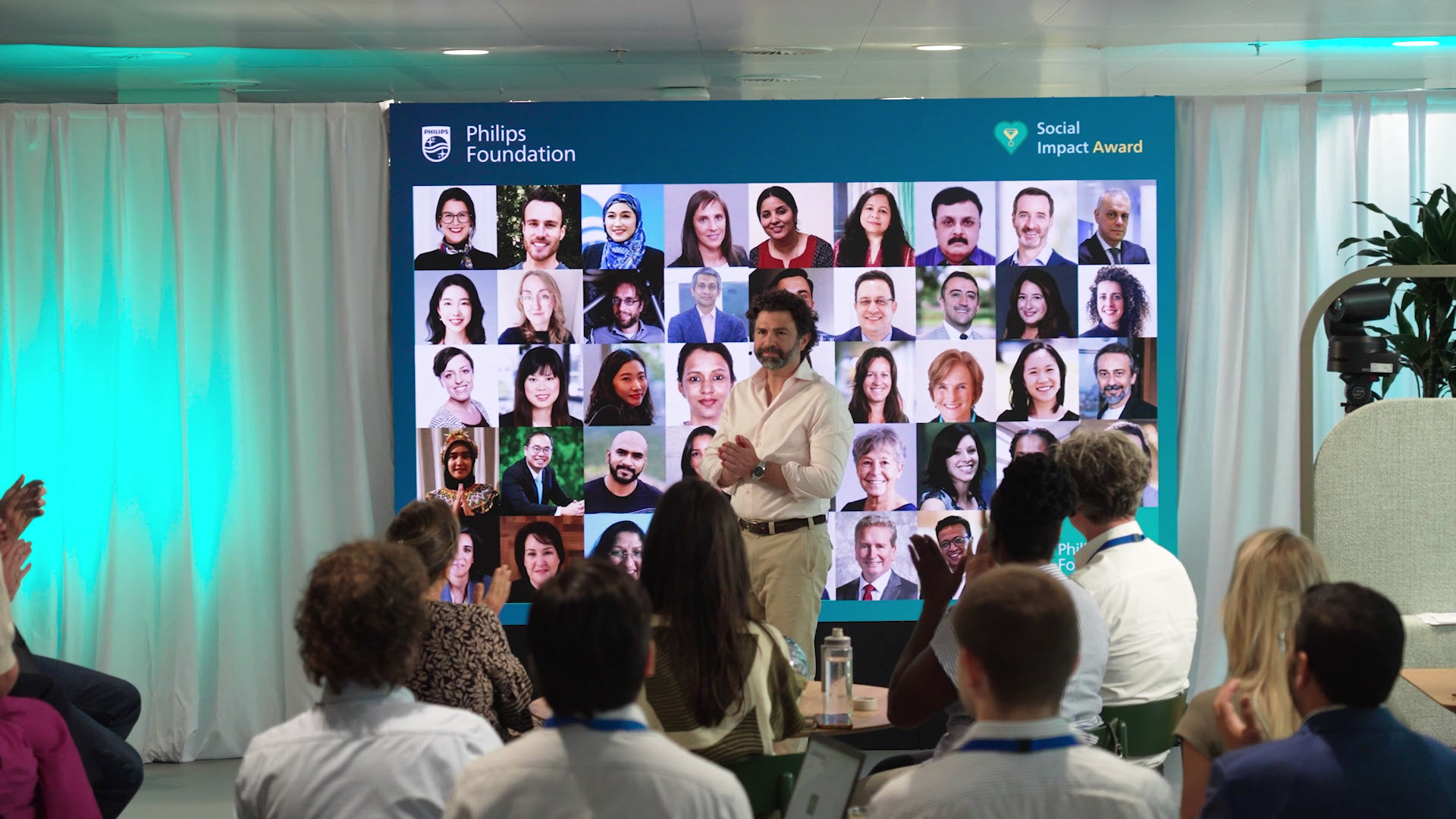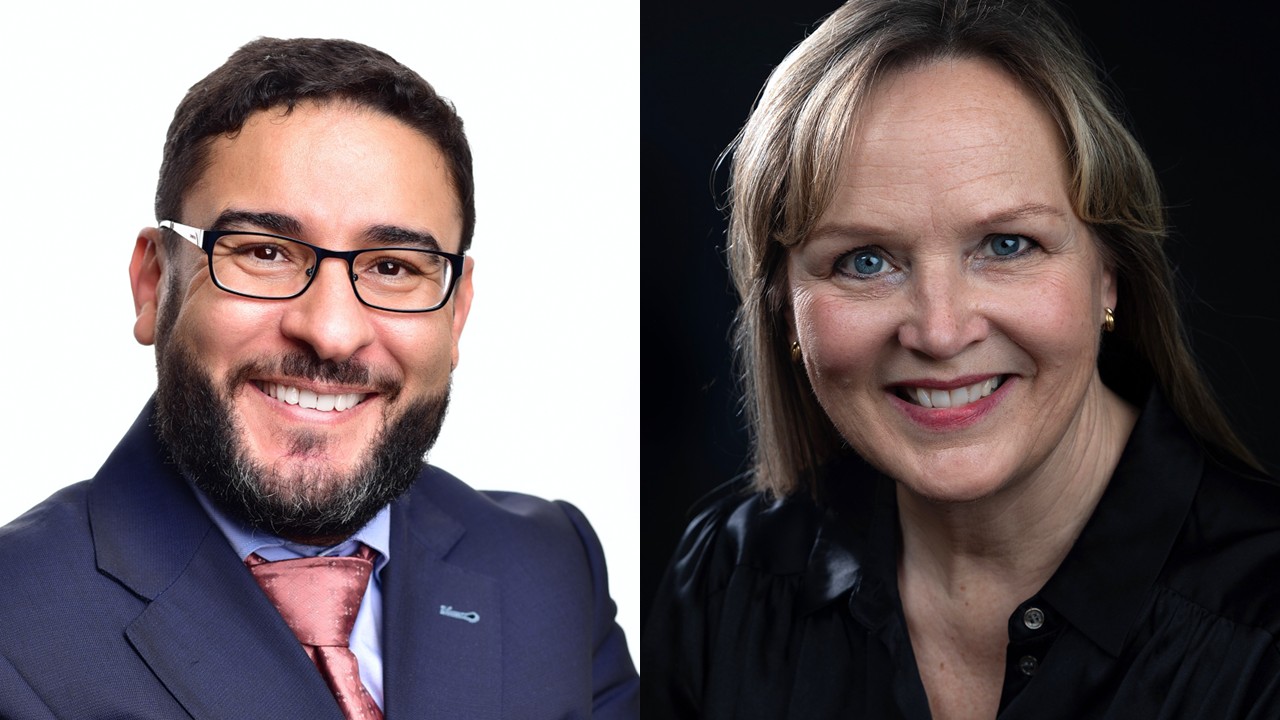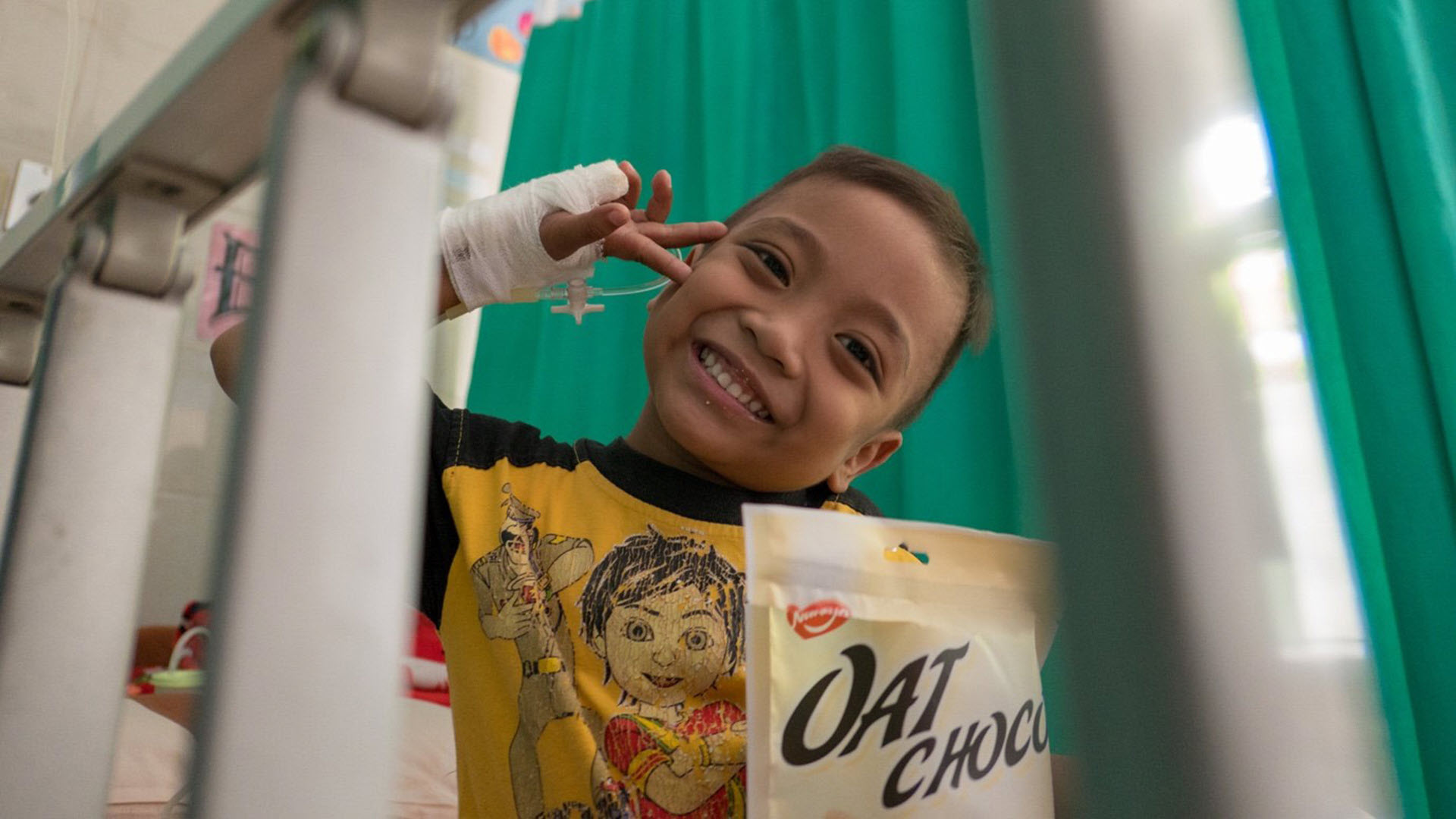Tackling cardiovascular diseases in Kenya and Uganda
Combatting cardiovascular diseases also remains an important focus for Philips Foundation in Sub-Saharan Africa. Early diagnosis is critical to improving disease outcomes and prevent premature deaths. However, many people in the region lack the primary health care programs for early detection and treatment.
In Kenya, Philips Foundation has collaborated with strategic partners to enhance access to cardiac care in underserved regions. Working with the country’s Ministry of Health, the NCD Alliance Kenya, and medtech innovator iMedrix in Siaya County, the Foundation has improved the capacity of primary healthcare providers to triage, screen, test, and manage cardiovascular risk factors and diseases.
Philips’ point-of-care ultrasound and iMedrix’s mobile electrocardiogram solution have been used to screen more than 6,000 patients. These technologies enable healthcare providers to promptly diagnose and manage underlying cardiovascular conditions, either at the bedside or remotely, improving cardiovascular disease (CVD) outcomes.
“This project demonstrated the feasibility and effectiveness of integrating advanced diagnostic tools into primary care and highlighted the importance of local partnerships in scaling healthcare innovations. This approach not only improves patients’ long-term health through early and more efficient intervention, but also reduced the economic burden on the health system by preventing more serious and costly health complications and alleviating pressure on healthcare workers,” Caroline Gitonga, Knowledge Management Lead at Philips Foundation, adds.
Beyond supporting screening efforts, the Foundation is also involved in research to improve local treatments for heart disease. In Uganda, it has partnered with Heart Healers International to explore treatments for rheumatic heart disease (RHD), a preventable condition responsible for 300,000 global deaths each year.


